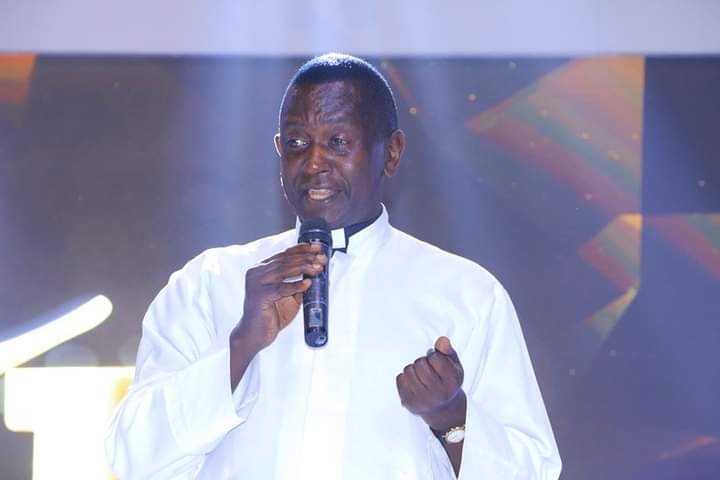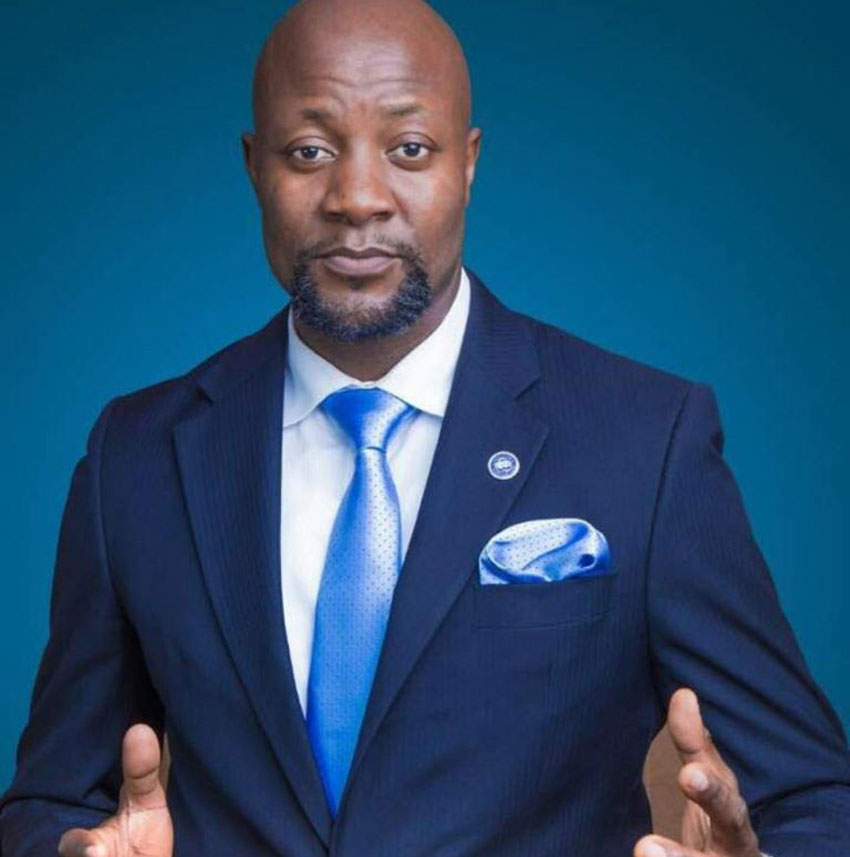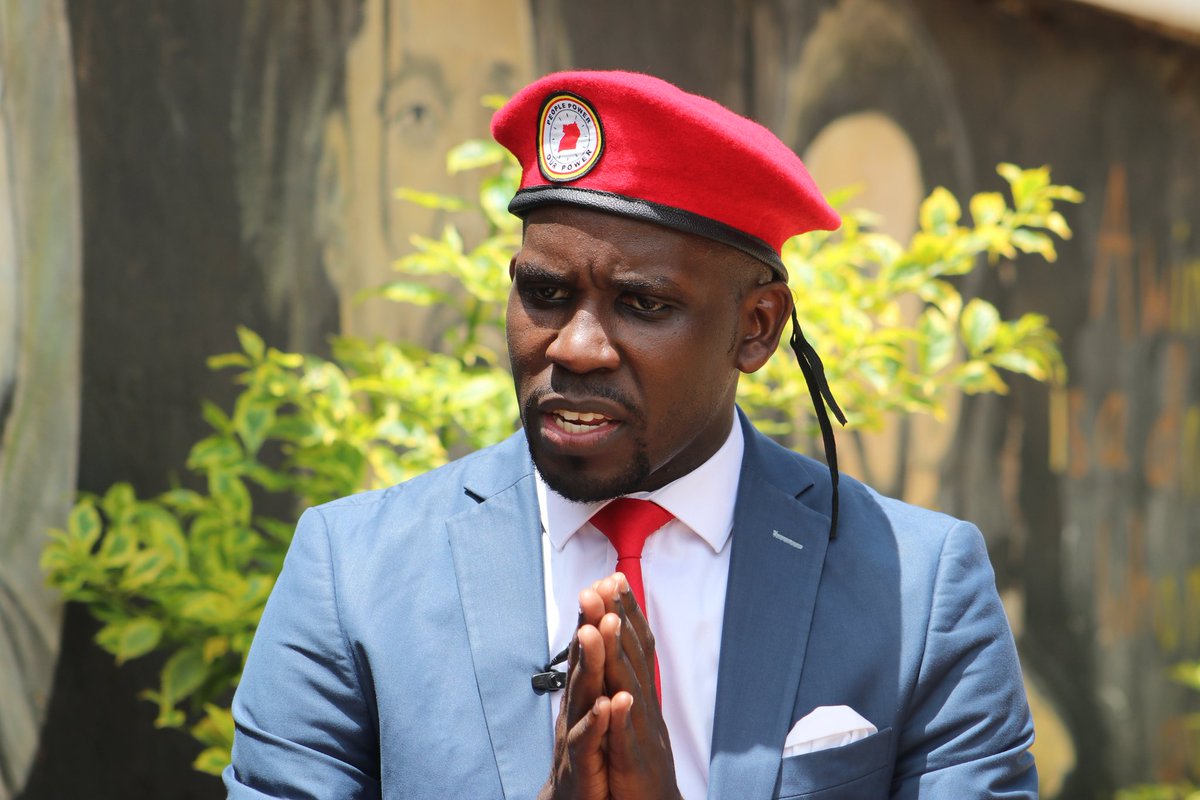To speak of a ‘deficit of good governance in Uganda’ should not of itself make me either an enemy of the government or a supporter of the opposition.
I do not belong to any political party but simply long for more truth, justice and integrity in public life.
There are obviously some lapses in the way we are governed in Uganda, as there are in any country in the world. Why not accept this?
Restoring and improving good governance should be desired by all, not just by those perceived as opposition.
Without it, the government’s development programmes however well-crafted and however well- intentioned,
will not be fully embraced.
Surely every citizen has a right to good governance in their own country, and ought to demand it and promote it by their own word and deeds.
Some of the the government
practices we have witnessed in our country recently, such as kidnapping and brutalizing citizens, theft of Covid funds, vote rigging, lack of transparency and abuse of office, are signs of ‘bad governance’ and must be urgently addressed.
If the incoming government wants to re-engage with Ugandans, it must honestly audit itself regarding these excesses, for which there has been more than one outcry, and come out of denial.
Good governance involves accepting criticism as part of transparency.
Good governance therefore it is not a favour to be granted to citizens by those in power when they feel like it, or when it is convenient, or when it creates good publicity abroad.
It must be standard ‘best practice’ in every agency of government.
Good governance cannot be sacrificed ‘because we have peace’, or be sacrificed on the altar of ‘economic growth’.
Good governance is a non-negotiable, and is what guarantees and sustains economic growth and peace.
Those newly elected to the eleventh parliament therefore ought to consider if they really want to deliver good governance, or not. If not, they do not represent us!
Good governance begins by interrogating one’s own values.
What do I value most in my life as a new member of parliament?
Is it just my own welfare, or the welfare of those who elected me.
Do I value all life and other people’s land and property, or are some lives and some property disposable, either to enrich me, or supposedly ‘for the good of the nation?’
What of truth, justice, human rights, the rule of law? What of economic inclusion, accountability?
Are all these subject to the ideology of my party, or to the party ‘whip’ when voting? Am I able to stand alone for my basic values and for basic human rights as prescribed by the constituion?
The answers to these will determine whether you as a new MP will ‘govern’ or ‘misgovern’.
A member of parliament must know what good governance is, what are its indicators, and to what degree the government of the day falls short of them.
According to the United Nations, ‘Good Governance is measured by the eight factors of Participation, Rule of Law, Transparency, Responsiveness, Consensus Oriented, Equity and Inclusiveness, Effectiveness and Efficiency, and Accountability.(8 Nov 2016)’.
What can I do as a member of the eleventh parliament to ensure that matters of good governance are always put first, no matter which party I belong to?
If an over emphasis on ‘security’ and the ‘economy’ eclipse good governance, so that citizens rights are sacrificed to them what should I do as an MP, or indeed as any citizen?
It is obviously wrong that anything can be done to anyone, in order to maintain ‘security’ and to ensure the much vaunted ‘economic growth’.
Some citizens cannot be in cages of limited freedoms, as animals are in a zoo, all for ‘security reasons so they can be observed safely while the zoo minders get richer.
In Uganda, the Public Order Management Act,Covid laws, and brutal security agents have conspired to force the ‘right ideology’, and which have all greatly tarnished the government.
While no government is perfect, a good government can absorb criticism and adapt to what itself to new growth.
There are some basics.
First is to govern with complete integrity by means of the rule of law, not rule by law; and without fear or favour.
Second, is to include everyone in the economy, an equitable redistribution of wealth and opportunities for all to create and consume wealth.
Third is to ensure peace, harmony and security by means of civic education and inculcating a truly patriotic spirit. This should be primarily by example not just words.
Can our new government surprise us with any of these in the next five years? One hopes against hope.
Let’s wait and see!
Do you have a story in your community or an opinion to share with us: Email us at Submit an Article









